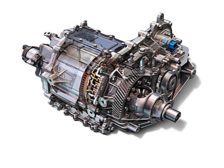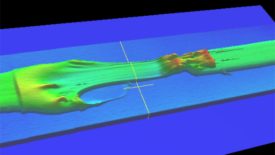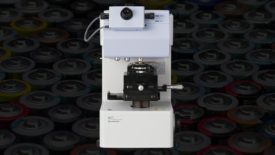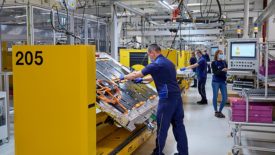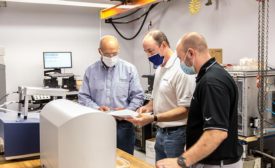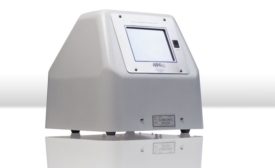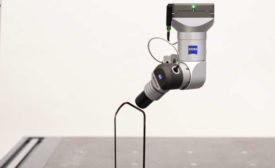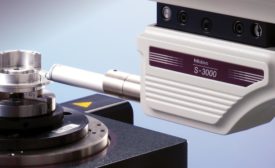Home » electric vehicle (EV)
Articles Tagged with ''electric vehicle (EV)''
Test & Inspection
By replacing the initial tests with digital twin simulations, results can be obtained quickly, and at a much lower cost.
Read More
EV Battery Manufacturing: Steps to Assure Joining Quality and Eliminate Harmful Leaks
The importance of reliability in EV batteries is paramount to the overall vehicle performance.
July 13, 2023
Test & Inspection
Hardness Testing of Individual Battery Electrode Particulates
Recently, researchers have shown correlation between particle hardness and cycle performance.
April 4, 2023
Electric Vehicles
Leak-Detection Standards for Electric Vehicles Long Overdue
Quality control lags behind rapid growth of EV sales in North America.
October 3, 2022
NDT | Leak Testing
E-Mobility Gives Automakers a Host of Leak Detection Challenges
EV battery cells, battery packs, electric motors and other systems modified for EV applications all require leak testing to assure both quality and safety.
June 9, 2021
Standardized Leak Testing for Lithium-Ion Battery Cells
It is Essential for Automakers.
January 6, 2021
NDT Leak Testing
Leak Testing Meets New Energy Storage Needs
Leak tightness is a major criterion for stable performance of a battery pack over the expected lifetime of an electrical vehicle.
August 5, 2020
E-Mobility Inspection
With electric vehicles on the rise, so too are the inspection applications.
August 1, 2020
Form Measurement in the Electric Vehicle Industry
Form measurement is the ability to identify the shape, size and location of specific 2D or 3D features.
June 1, 2020
Stay in the know with Quality’s comprehensive coverage of
the manufacturing and metrology industries.
eNewsletter | Website | eMagazine
JOIN TODAY!Copyright ©2025. All Rights Reserved BNP Media.
Design, CMS, Hosting & Web Development :: ePublishing
